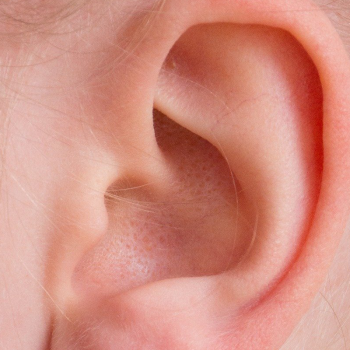Tinnitus study revises protocol and patient-facing documents as result of PPI feedback
Dr Marina Salorio-Corbetto, who is studying how tinnitus affects adults who use cochlear implants and the effectiveness of sound therapy in improving tinnitus symptoms, initially asked the panel to review the participant information sheet (PIS), consent form and questionnaire for her project.
This review was carried out by panel members via email and the volunteers’ feedback on their readability, coherence and phrasing helped Dr Salorio-Corbetto – who does not suffer from hearing loss – gain more understanding of what it’s like to live with this condition.
But their feedback also showed the range of difficulties experienced by those with hearing loss – and that while doctors can scientifically predict its effects, this may not accurately reflect the day-to-day reality for people living with the condition.
Dr Salorio-Corbetto took on board many of the PPI panel members’ recommendations but it also became clear to her that her research would benefit from a tinnitus-specific PPI group, including people with varying degrees of hearing loss and with symptoms of tinnitus. Dr Salorio-Corbetto now plans to set this up to help improve the sound therapy intervention and feedback on the research as it evolves.
Amendment
Feedback from the panel also led to a research-protocol amendment, which Dr Salorio-Corbetto agrees has helped make her research more attractive to potential participants.
The testing sound therapy on participants was originally set to last for one day but panel members felt that this was too long – especially if those taking part did not live locally or had other things to do.
This was accepted and the protocol amended from 7 hours for the testing sound therapy to 4 hours.



